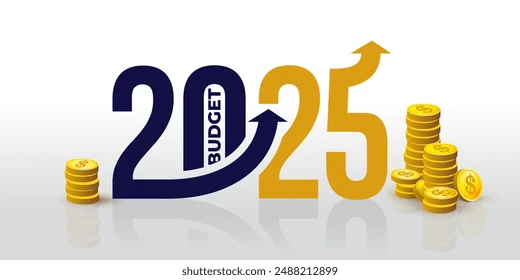NCDEX expect govt to prioritise market-driven solutions in Union Budget 2025
The agriculture commodity derivatives markets are keenly awaiting measures to enhance liquidity and transparency in the agriculture sector.
Finance Minister Nirmala Sitharaman all set to present the Union Budget on February 1, agri – economists and agriculture industry experts are hoping for a slew of reforms that would help boost agriculture, MSMEs and other sectors, while prioritising fiscal prudence.
While sharing the expectations from upcoming Union Budget, Kedar Deshpande, Chief Business Officer, NCDEX mentioned, “As we look ahead to the upcoming Union Budget, the agriculture commodity derivatives markets are keenly awaiting measures to enhance liquidity and transparency in the agriculture sector. We hope the government adopts a consultative approach to introduce initiatives that streamline regulations, deepen market participation, and position India as a significant player in the global commodity landscape”
Deshpande also emphasised that, at NCDEX, we urge policymakers to prioritise market-driven solutions and modern risk management tools to boost efficiency, reduce fiscal strain, enhance transparency and ensure long-term sustainability of India’s agricultural economy. Addressing the core challenge faced by farmers / FPOs—being price takers in a system influenced by the unpredictability of APMC markets—by focusing on derivative instruments like put options complementing government schemes like ‘Fasal Bima’, MSP etc would be a transformative step. Another key expectation is the implementation of incentives for farmers / FPOs using Electronic Negotiable Warehouse Receipts (eNWRs). Equipping farmers to store their produce in WDRA-certified warehouses and secure funding against their stocks, eNWRs can enable them to hold their harvest for better prices, improving income stability. Enhancing warehouse-based markets, linked through eNWRs to the electronic platforms will empower farmers / FPOs with greater market access and better price discovery while supporting the agricultural economy’s transition towards a digital-first approach.”
The agriculture commodity derivatives markets are keenly



